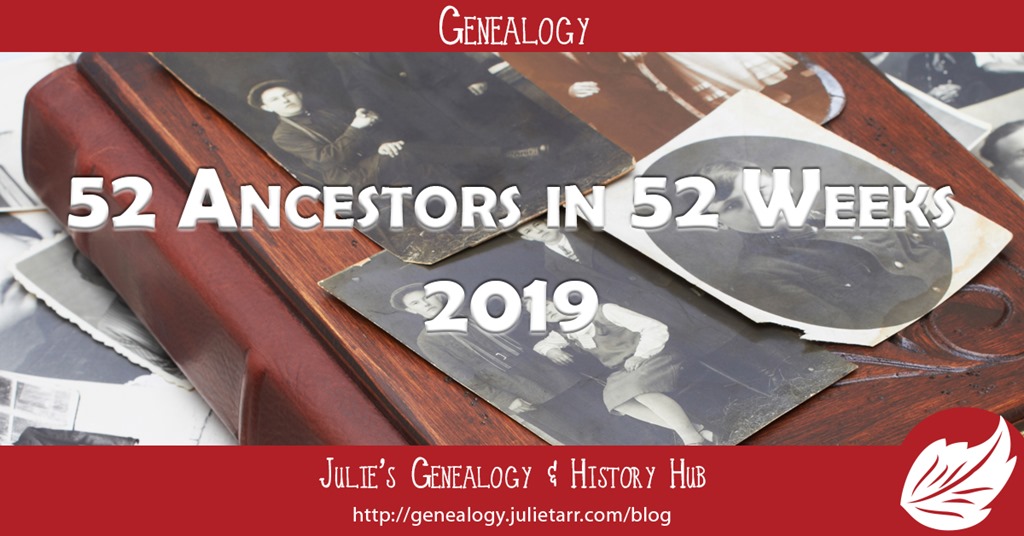
Week 3 Prompt: Unusual Name
This week’s 52 Ancestors theme is unusual names. I thought I’d focus on one of my German surnames for this theme. A few years ago, I attended the 2016 Jamboree live stream of Fritz Juengling’s lecture “German Names: Their Origins, Meanings and Distribution.” It was extremely fascinating and I got all sorts of ideas.
Some of my German surnames are obvious:
- Müller = occupational surname for a miller
- Schwartz = descriptive surname, probably someone with black hair
But other surnames are not so obvious. One in particular always stuck out—Wietzke, which is the maiden name of my third great-grandmother Emilie. It sounded Polish to me, which makes sense since this family came from Bernsdorf in Pommern, which was near Poland, and is now part of Poland. I’ve come across various spellings, including:
- Vietzke (two sons birth registrations; also other people in the Bernsdorf area)
- Vetzke (other people in the Bernsdorf area)
- Witzke (hers and children’s US records; also other people in the Bernsdorf area)
- Witke (other people in the Bernsdorf area)
In the records related to Bernsdorf, I’ve also come across several other surnames with the “–ke” suffix, including: Lemke, Böhnke, Vierke, and Ludke.
I came across an article about the “–ke” suffix in PERSI, and because it was from a publication that had to do with Pommern, I ordered the article through the Allen County Public Library. In the article, the author states: “I concluded…that the –ke is a diminutive suffix and could be of either Saxon or Wendish origin. … Diminutive in this sense means ‘little.’”1
I then found an online article that says that “–ke” is “a Westphalian and Eastphalian diminutive suffix, particularly prevalent in the eastern-most areas near the lands of the Wends and Altmark; thus Lemke, Wilke, Jahnke.” Still confused, I noted the author’s reference to see other suffixes, including “–zke.” This referred me instead to entry for “–ske,” which states: “In Eastern Pomerania, often substitutes for the Polish –ski particle.” Okay, that made some sense. The author also noted that “–ski” is “frequently used with a patronymic to denote ‘son of,’” giving examples, such as Adamski, which would mean son of Adam.2
It made more sense that the suffix for Wietzke was “–zke” as opposed to “–ke.” But if that’s the case, what does the root “Wiet” mean? Is it a name (would make sense if the suffix denotes “son of”)? Is it a word? Is it a place?
I found an entry for Wiet at the Behind the Name website, which states it’s “mostly used in West Frisian, but can be found in every part of the Netherlands,” a derivative of Wietse. This is a user-submitted entry and I could not find any other corroborating source. Additionally, the area is on the other side of the country, although depending on when the surname was acquired, that could mean nothing.
I wasn’t able to find a word (other than Dutch for “weed”), so I turned to Meyer’s gazetteer to look for place names. While there were some that began with “wiet” nothing seemed relevant. I did, however, find an entry for Vietzke, which was an estate located at Lake Vietzker near the Baltic Sea. Vietzke, with a population of 352 when the gazetteer was compiled, was in the Kreis of Schlawe in the district of Köslin. It’s about 50 miles from Bernsdorf. Could the surname be tied to this estate and/or lake? At this point, I have no idea. But it could be a clue down the road or it could be totally irrelevant.
Sources

Share your thoughts...